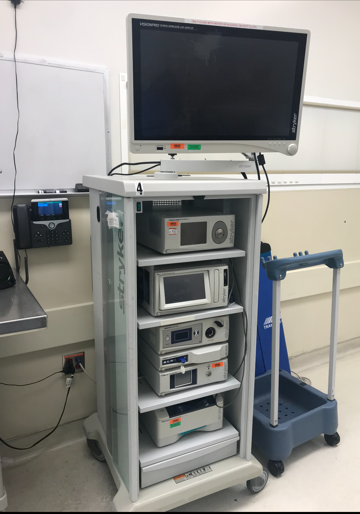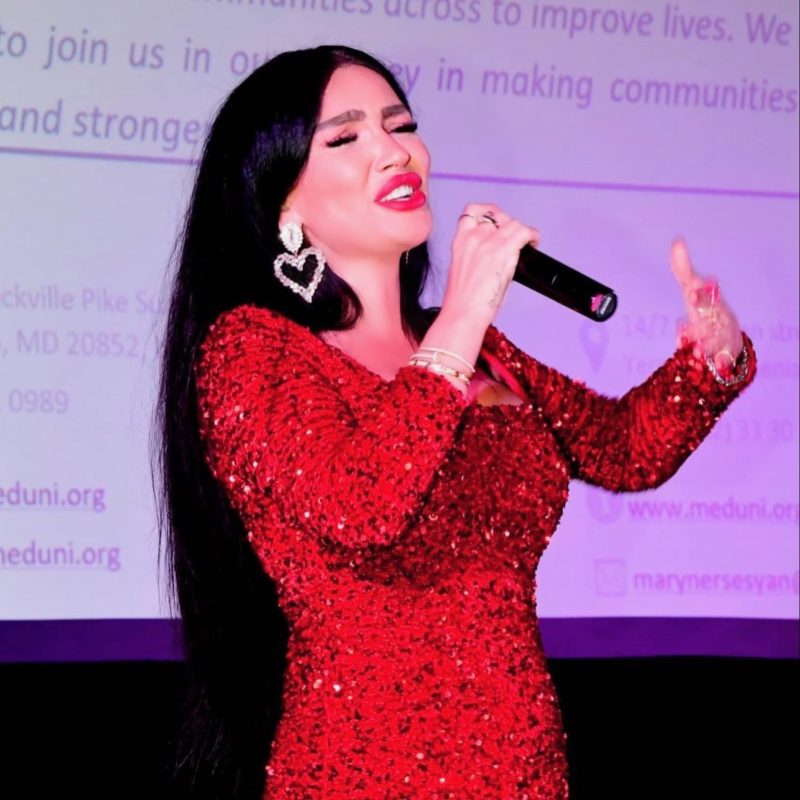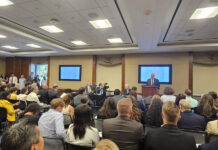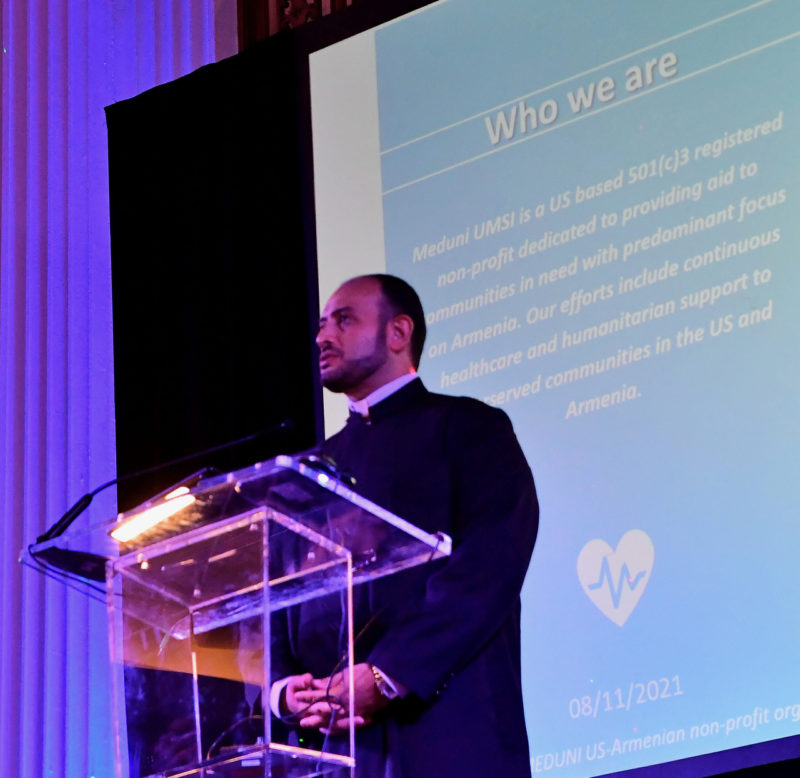CINCINNATI – Meduni Unicare Medical Solutions, Inc., is a nonprofit organization based in Maryland which primarily aims to provide healthcare assistance and support to people in need in Armenia. Founded in 2016, it has engaged in several different fundraising efforts. Its most recent campaign has been focused on colorectal cancer and its prevention. To this end, it held a fundraising gala on October 8 called “Prevention Is Cure” at the Renaissance Cincinnati Downtown Hotel, featuring Armenian singers Armenchik (Armen Gondrachyan) and Shprot (Ani Tovmasyan). The event raised $104,000 gross, prior to the payment of some concomitant expenses.
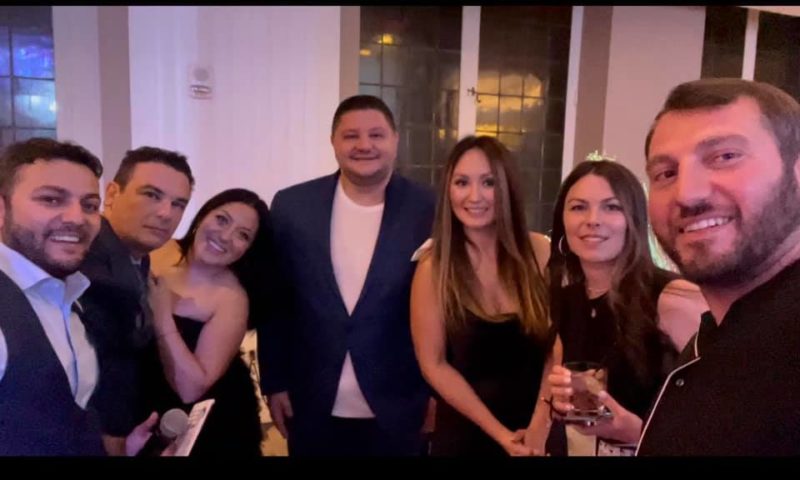
The major donor at the event was Tigran Safaryan of Columbus, Ohio, who made a generous contribution of $50,000. Safaryan, active in the Armenian community in the US and Armenia, is the owner of Twins Buick GMC and Fine Line Auto Body in Columbus.
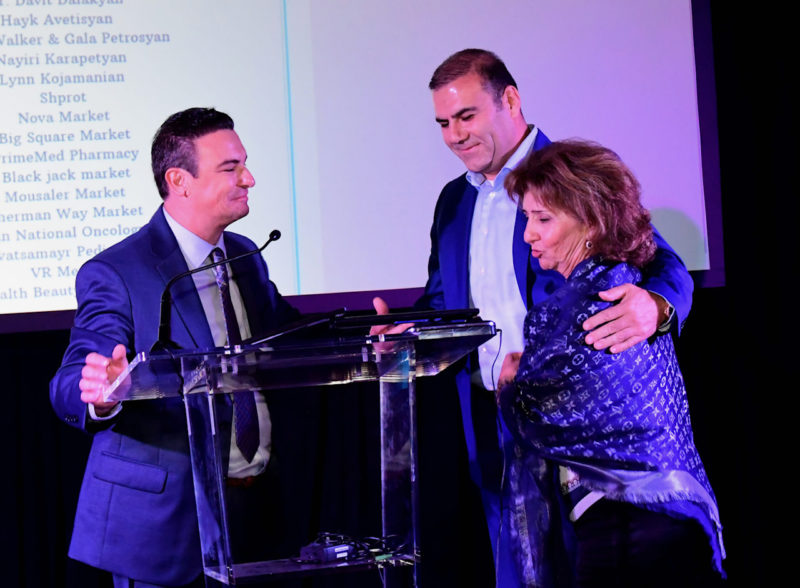
Motivation of Founder
Meduni was founded fairly recently by its executive director Vahagn Vaughn Martirosyan, an entrepreneur in the health and wellness industry, but his motivation goes back many years to his childhood. His father is an anesthesiologist who took him to operating rooms from a very young age. This sparked his general interest in medicine in general. A series of unfortunate illnesses in the family then led him to narrow his focus.
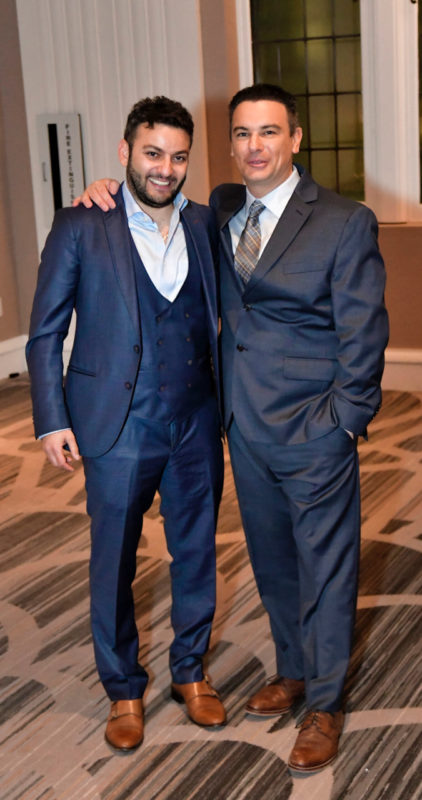
When Martirosyan was only 12 years old, his grandmother passed away from breast cancer at the comparatively young age of 68. He said, “She was a very beloved grandma, like a mother figure for me. That inspired me originally to become an oncologist.”
Martirosyan went to Mkhitar Heratsi Yerevan State Medical University, but during his fourth year, his family won a green card and moved to the United States. He then went to the University of Maryland, at which he earned a bachelor of science degree in biology, but his family was struck another blow when his mother was diagnosed with colon cancer. Martirosyan said this “was a very devastating experience for me because in the Armenian culture where I am coming from, the word cancer was associated with death.” Fortunately, despite a tough year, her treatment at the National Institutes of Health in Bethesda was successful. This led Martirosyan to want to help provide similar quality care and access to technology to Armenians.



